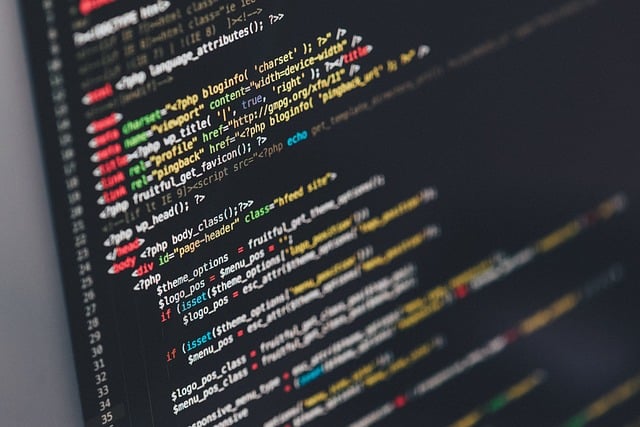How Intellectual Property Rights Apply to Software
In this article, we’ll be exploring the different ways in which intellectual property rights apply to software…
Intellectual Property (IP) rights are fundamental elements behind many businesses and organisations. Whether you are a software developer or you require the development of software for your business, it’s important to understand how intellectual property (IP) may affect your work. Being well-rehearsed with these laws can ensure that you don’t miss out on opportunities to protect software as intellectual property and avoid infringing the work of others.
Software programs are often complex and can include different types of work that could be covered by a variety of IP laws. This can be difficult to get your head around for those who aren’t familiar with IP, so below we’re going to explain what IP rights are and how they’re relevant to software.
What are Intellectual Property Rights?
IP rights are rights granted to creators and owners of works that are the result of intangible creations of human intellect. They include registered designs for the design of products, patents for new inventions and trademarks which distinguish goods and services. These rights exist for the purpose of protecting the original owner or creator of the work from copyright infringement or theft.
How Can Software be Protected
Due to the complex nature of software that can include both functional and artistic elements, there are a number of different ways you can protect software with IP rights. Below, we’ll give you the rundown.
Copyright
Copyright law is a type of IP law that protects creative works, which can include things like music, books and plays as well as software, web content and databases.
Copyright laws give the authors of these creative works the right to control the ways in which their material may be used. In relation to software, copyright law generally covers the artistic elements of a software program instead of the functional elements.
Patent
A patent is another type of IP that provides its owner with the legal right to exclude others from making, using, or selling an invention for a limited period of time.
Patent laws in the UK do have a non-exhaustive list of excluded things that are not regarded as inventions to the extent they must be to be considered a patent. This list does include software however the United Kingdom Intellectual Property Office (UKIPO) grants patents to works that are partially or wholly implemented in software.
Trademark
A trademark is a type of intellectual property that consists of a recognisable sign, phrase, or symbol that denotes a product or service from a particular source and distinguishes them from others. Despite the fact, a trademark cannot be used for an invention, coding or software programme, it can be used to protect the branding elements that sell and market your product.
In the software industry, protecting your brand is just as important as protecting your product. Failure to do so could result in limited legal protection and could make you susceptible to others copying your work. Hiring a trademark lawyer like Stockman & Poropat will go a long way in helping to secure your legal rights!
Protecting Software with Intellectual Property
Developing software takes a lot of time and skill to develop so naturally, you’d want to protect all that hard work. In the instance, someone was to copy your work or distribute it in an unauthorised way, it would be harder to mount a proper legal challenge if you couldn’t provide evidence the original software is yours. For this reason, it’s important to explore a wealth of different copyright situations and try to find IP types that are applicable to your software.
It’s also advisable to seek advice from an IP solicitor who can help guide you through the process of having your software protected by law as well as, ensure you’re not infringing on the works of others.
Please be advised that this article is for general informational purposes only, and should not be used as a substitute for advice from a trained legal professional. Be sure to consult an IP lawyer/solicitor if you’re seeking advice on IP law. We are not liable for risks or issues associated with using or acting upon the information on this site.


























